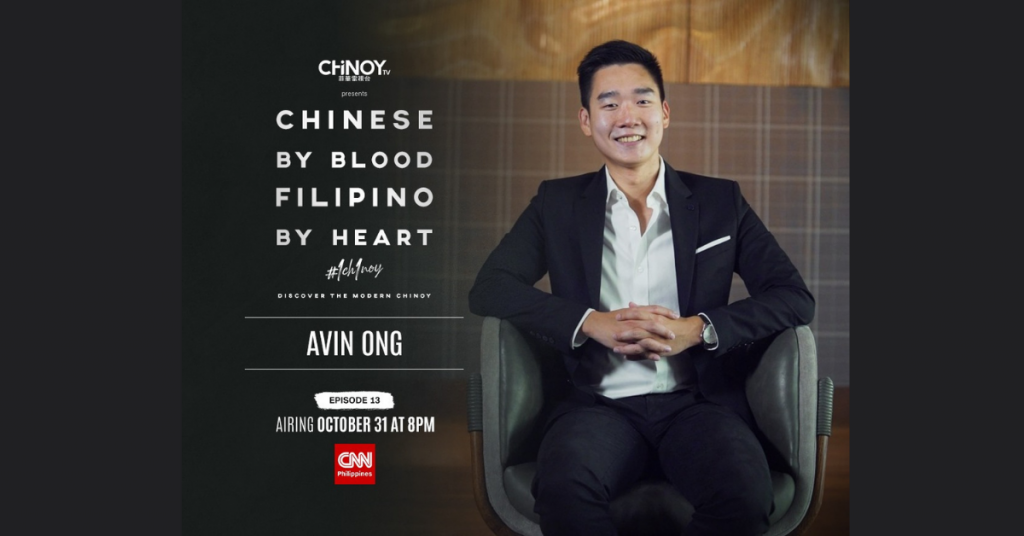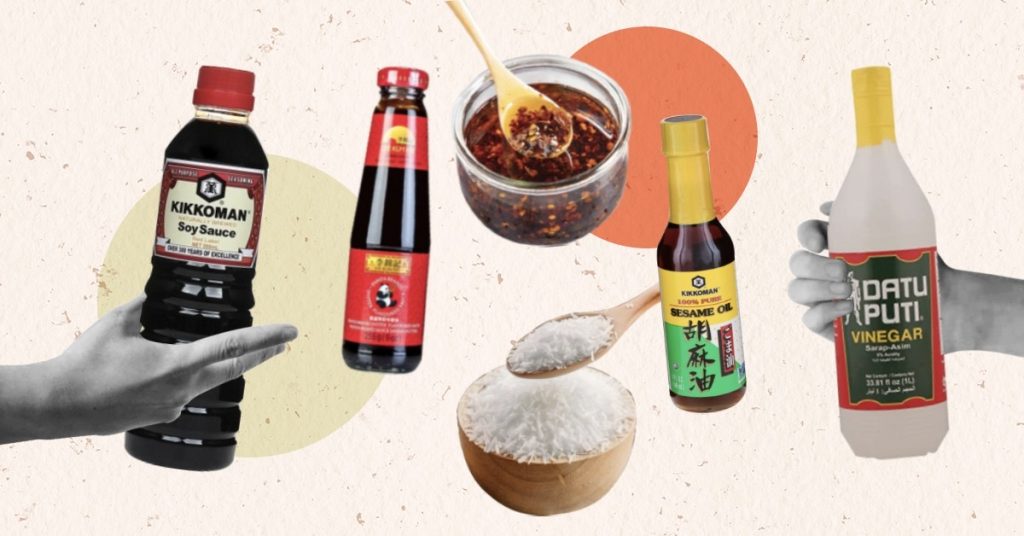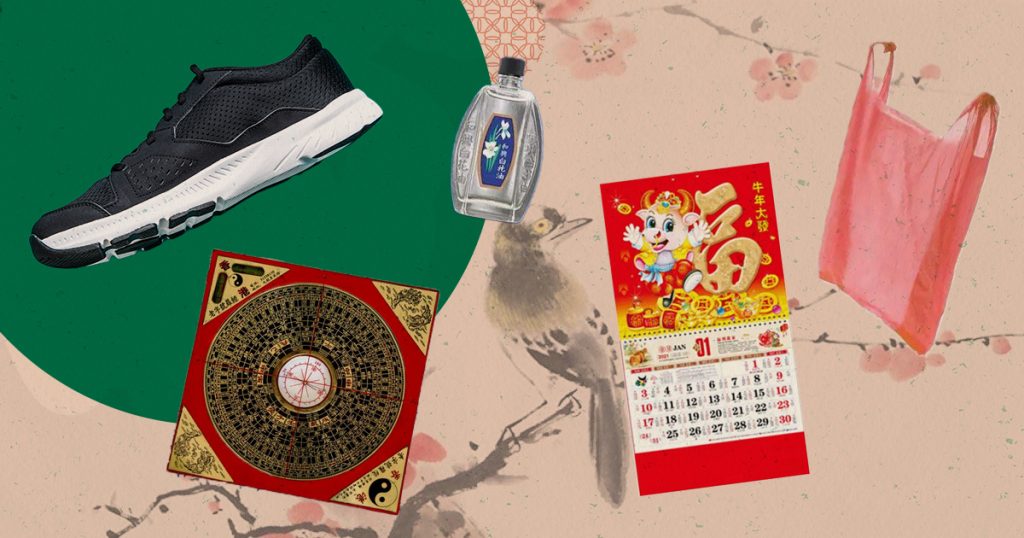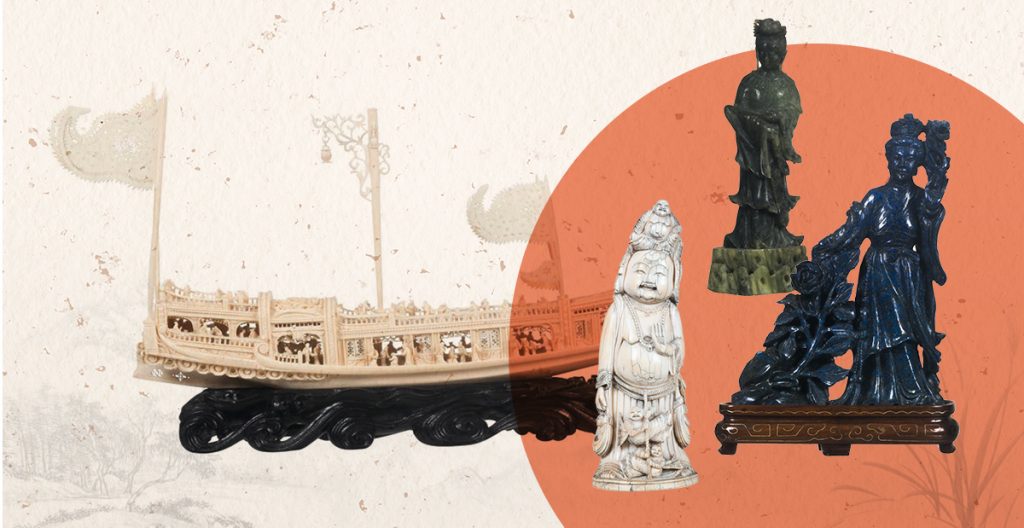Businessman Antonio Tiu on the Importance of His Chinoy Heritage
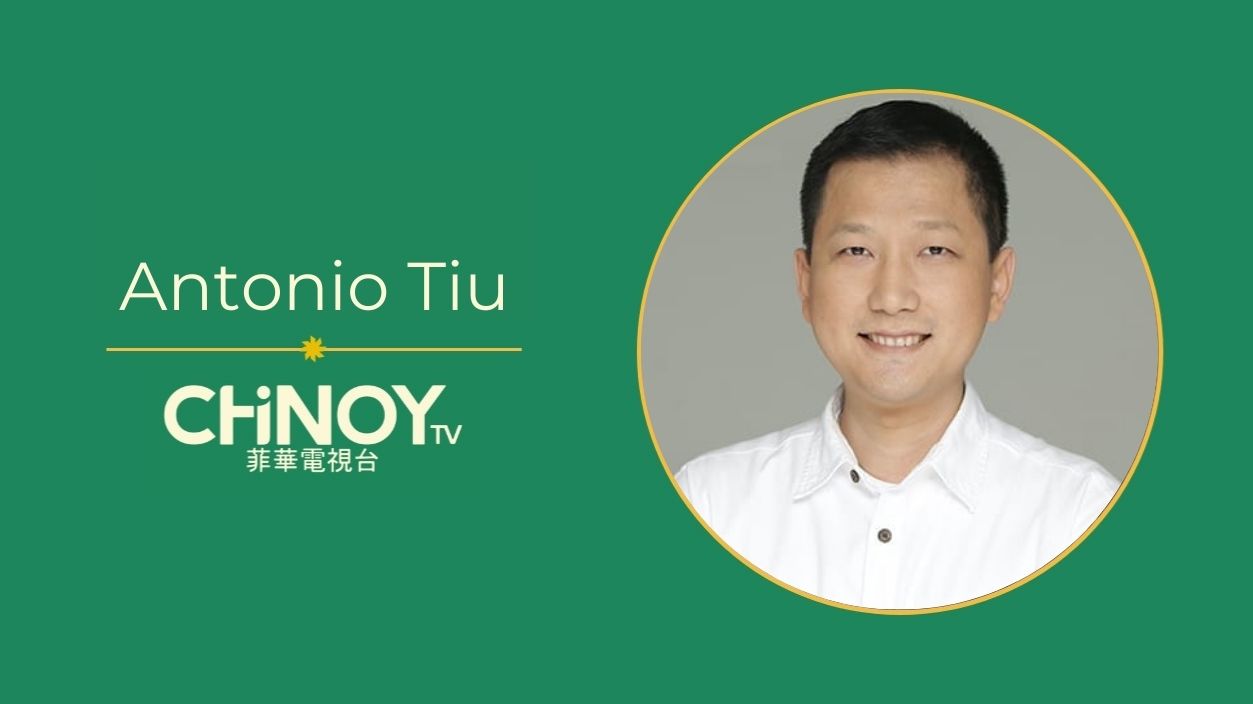
The Chinese Filipino community has played an important role in the history of the Philippines. Now inseparable from the story of the country, Chinese Filipinos today — and more so today, rather — are part of the millions and millions of facets that make up Philippine society. They are present in the education sector, government, social development, and business.
One particular Chinese Filipino has a passion for both business and agriculture, besides his passion for his heritage as a Chinese Filipino. Tiu spoke at an event organized by the Anvil Business Club this May, 2021.
Tiu grew up with his taimma (great grandmother).
“Well, the stories of my great grandmother are very fascinating because imagine our generation: we belong to the 21st century. I witnessed stories from the 19th century! So, she was telling me how hard life was during the Qing Dynasty, how my great grandfather had to leave China to survive because there was really a famine; there’s no food,” Tiu said.
For Tiu, mealtimes were important for him. He related that his taimma lived until he was 20, and mealtimes saw “lessons being imparted” on the younger ones. One of those lessons? “We’re not allowed to leave the bowl with any leftover, even just one piece of rice, because she was sharing her hardship of hiding from the Japanese soldiers (in World War II). Our roots are in Zambales, so they had to hide in those mountains trying to survive the invasion.”
Now, Tiu is a very successful Chinese Filipino businessman whose interests span different areas and initiatives.
A vegetarian since the death of his father in 1995, Tiu has been involved with the agriculture sector through his role as chairman, president, and CEO of AgriNurture, Inc. He hopes to “shift the paradigm of the Filipino consumers”. Tiu noted that though the country is agricultural, it now imports even the most basic of products: rice.

The Philippines’ agriculture has suffered significant blows over the past years.
“[The] Philippines is different as compared with the rice-producing nations. Vietnam, Thailand… They’re blessed with the Mekong River… Whereas we only have [the] Pasig River, and the Pasig River cannot even be used for anything. We do not have the luxury of the supply of cheap water. Plus, the government bureaucracy, the structure does not allow easy implementation of major agri infrastructure projects like [the] creation of [a] dam would take decades,” Tiu said.
To help with the agriculture problem, Tiu said that one of the projects he’s doing with the Philippine government is the promotion of the consumption of corn instead of rice. To him this is both an opportunity and a very big challenge.
The initiative, called “BigMa” for bigas and mais, is a partnership between AgriNurture and the various government agencies, and it’s expected to be rolled out in the upcoming planting season.
“The first major plantation that will be rolled out will of course be in Mindanao in order to avoid the typhoon season… We will be lending the farmers via e-vouchers funded by Land Bank. Why e-vouchers? It will be like a casino chip that will prevent the farmer from using the loan for sabong, for alcohol, or for non-essentials.”
Tiu’s Chinese Filipino heritage and upbringing has played a role in his hard work. He believes that as Filipinos, Chinese Filipinos have to keep their “social responsibilities” in mind and work for the common good.
“It’s more of a cultural thing. From our childhood, we are forced to learn how to work. So, as early as six years old, we were brought to the stores of my grandfather, which my great grandfather started in Zambales. So, every summer, my job was to be a cashier… I guess those experiences prepared you for business,” Tiu said.
His advice to young entrepreneurs: “This is the time to start setting the first step of your journey of a thousand miles. In the Chinese saying: ‘The scenario like this will create heroes.’”
jjj
The author of this article:

An accomplished young Chinese Filipino writer and media personality, Aaron S. Medina is associated with the Philippine Daily Inquirer, the Ateneo de Manila University Chinese Studies Program, the Philippine Association for Chinese Studies, and CHiNOY TV. He has a passion for truth, justice, and Pokémon, too! Follow him on Facebook: https://www.facebook.com/aaron.joseph.s.medina/





